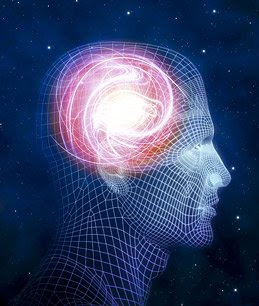The nature theory holds true, but followers of the nurture theory believe that our behavioral aspects originate from the environmental factors of our upbringing.
The environment influencing human behavior reminds me of my psychology class. We studied well-known psychologists such as John Watson and B.F. Skinner, who were both part of behavioral psychology. John Watson performed an experiment involving lab rats and a little boy named Albert. He proved that acquisition of a phobia can be classically conditioned. Watson paired a loud noise every time little Albert touched the rat. This made Albert learn to be afraid of the rat because he associated the loud noise with fear. B.F. Skinner was famous for his pigeons. Skinner taught his pigeons how to dance and do figure-eights by conditioning them with food. Through these, and more behavioral psychology studies, the implication can be made that behavior is learned.
Also, there is a psychological phenomenon called the chameleon effect. This refers to nonconscious mimicry of the postures, mannerisms, facial expressions and other behaviors of one's interaction with others. We mimic people all the time. In one study by Chartrand and Bargh, 72 college students were asked to sit down individually with an experimenter and discuss a set of photographs. With half the subjects, experimenters maintained a neutral, relaxed seated position. But they mimicked the posture, movements and mannerisms of the other subjects, crossing their legs or twirling their hair when subjects did. At the study's end, students whose moves had been imitated rated their experimenters as more likable, and reported having had smoother interactions with them. The chameleon effect is one way of showing how surrounding people influence an individual’s actions.
Were we born that way? Or has behavior developed over time in response to our experiences? There is indeed a link between genes and behavior, but this link is not the same as cause and effect. Genes make people more susceptible to act a certain way, but they do not engender the actual action.
http://genealogy.about.com/cs/geneticgenealogy/a/nature_nurture_2.htm
http://www.psychologytoday.com/articles/199911/were-all-copycats

Sunday, October 11, 2009
Subscribe to:
Post Comments (Atom)

No comments:
Post a Comment